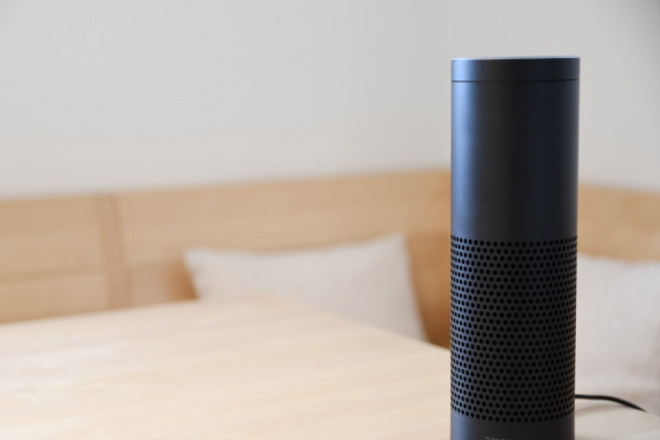Christmas Shopping: Smart Gifts, Gadgets, and Tech Choices
The holiday season often prompts a mix of practical needs and impulse buys, and technology has become a frequent choice for many shoppers. Choosing a smart home assistant, a useful gadget, or a connected device as a Christmas present can simplify a recipient’s daily routines—but it also requires matching features, compatibility, and budget to the person you’re buying for. This article outlines useful considerations and cost insights for tech-focused holiday shopping.

smart home assistant: who is it right for?
Smart home assistants suit people who want hands-free controls, voice search, and simple automations. For someone who already uses connected devices—smart lights, thermostats, or streaming speakers—a smart home assistant can act as a central control point. Consider platform compatibility (Alexa, Google, or Siri) and whether the person prefers privacy controls or local device processing. A voice assistant can be a helpful holiday gift when the recipient values convenience and already uses or plans to add compatible devices.
technology: what matters beyond brand names?
When evaluating technology as a Christmas present, focus on interoperability, update policy, and long-term support rather than just brand recognition. Look at whether devices receive regular firmware updates, how they connect to the home network, and whether they use common standards (Zigbee, Z-Wave, Matter). Battery life, app stability, and ease of setup are practical factors that affect day-to-day use. For recipients who are less tech-savvy, simpler setup and clear onboarding are often more valuable than the newest feature.
gadget: matching devices to lifestyles
Gadgets can range from fitness trackers to smart plugs and portable speakers. Match the gadget to lifestyle: a compact gadget like a portable charger or wireless earbuds suits frequent travelers; a smart plug or a connected light strip might appeal to someone who enjoys automating home lighting; a fitness tracker fits active recipients. Think about form factor, durability, and accessory ecosystem—will the gadget integrate with other devices the person already owns? Choosing a gadget that solves a specific problem tends to increase its everyday usefulness.
holiday gift: privacy and setup considerations
Giving a connected device as a holiday gift means considering privacy expectations and setup logistics. Some recipients will appreciate a device pre-configured to be ready out of the box, while others prefer to set up accounts themselves. Be mindful of data collection practices and default settings; check manufacturer privacy notices and whether features like voice recordings can be disabled or deleted. If gifting a device that requires subscriptions for full functionality, clarify ongoing costs as part of the decision so the recipient isn’t surprised.
Christmas present: pricing and product comparison
Price ranges for common smart and connected products vary widely depending on features and brand. Entry-level smart home assistants and small gadgets often cost under $50, while premium speakers and multi-device kits can exceed $100. Seasonal sales can change prices, but typical benchmarks help set expectations. Below is a simple comparison of representative products to illustrate features and approximate costs.
| Product/Service Name | Provider | Key Features | Cost Estimation |
|---|---|---|---|
| Echo Dot (compact) | Amazon | Voice assistant (Alexa), smart-home control, compact speaker | $30–$60 |
| Nest Mini | Voice assistant (Google Assistant), simple setup, good for Google ecosystem | $30–$50 | |
| HomePod mini | Apple | Siri integration, higher-quality audio for size, works best with Apple devices | $99 |
| Philips Hue Starter Kit | Signify (Philips) | Smart bulbs + bridge, wide color options, robust app and integrations | $70–$150 |
| Tile Mate (tracker) | Tile | Bluetooth item tracking, community locate, small form factor | $20–$40 |
Prices, rates, or cost estimates mentioned in this article are based on the latest available information but may change over time. Independent research is advised before making financial decisions.
Real-world costs depend on model, retailer, and promotions. Bundles (speaker plus smart bulb kit) and subscriptions (cloud services, premium features) can add to the initial outlay. When budgeting, factor in any ongoing fees (subscription music services, cloud storage, or premium tracking features) and potential accessories like smart plugs or additional sensors that extend functionality.
Choosing a holiday tech gift becomes easier when you align device capabilities with the recipient’s existing ecosystem and habits, factor in privacy and support, and account for both upfront and ongoing costs. A thoughtful selection—whether a compact smart home assistant, a practical gadget, or a connected accessory—can make a Christmas present both useful and enjoyable.






